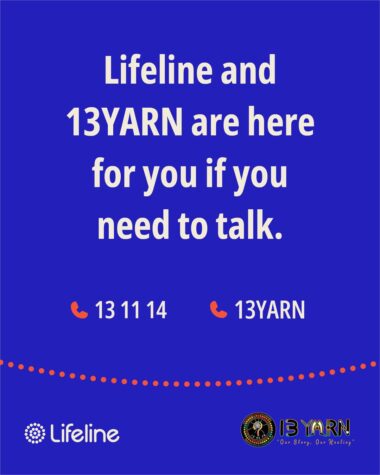A study into the social response of Māori during the COVID-19 pandemic has found the interconnectedness of Indigenous communities could be key to developing greater and more effective public health policies.
The study by Charles Darwin University (CDU) and Auckland University of Technology focused on how members of a remote hapū (sub-tribe) from Ngāti Kahungunu, a tribe along the East Coast of the North Island, maintained connectedness during and after COVID-19 through a scoping review and series of interviews.
The scoping review and interviews highlighted how Māori overcame issues raised by COVID-19 such as the digital divide, cultural isolation and mental health and distress, while also showcasing the positive impacts of the pandemic including a revival of traditional practices, re-engaging younger generations and healing the environment.
Lead author and CDU Associate Professor of Social Work Dianne Wepa said a standout theme of the review and interviews was the resilience and adaptability showed by Māori during the pandemic, particularly when faced with problems access to digital technology and cultural isolation.
“Barriers such as remoteness, digital literacy and financial distress were identified but were overcome by connectedness to whānau (family) support,” Associate Professor Wepa said.
“We noted that as Māori communities viewed themselves from a holistic perspective, then during times of crisis, a holistic approach was required to meet their health and wellbeing needs to prevent cultural isolation. Māori perceptions of cultural isolation were mitigated through maintaining connections with each other rather than a physical location or a physical dwelling.”
Associate Professor Dianne Wepa said by assessing the responses of Māori during the pandemic, it could create inform effective health messaging and policies which could result in positive outcomes.
“Historically, global pandemics have proven to have a greater effect on Indigenous peoples,” Associate Professor Wepa said.
“COVID-19 brings to the forefront the historical injustices which continue to affect on Indigenous health and wellbeing resulting in inequities and poorer health outcomes. Indigenous-led knowledge and interventions provide relevance and meaning to the importance of Māori health and wellbeing.
“This study has examined the importance of obtaining a Māori voice as an effective approach for developing the most effective methodological approach for improving internal resources and solutions to improve Māori health and wellbeing.”
Associate Professor Wepa is seeking funding to develop a proof-of-concept digital tool that is not reliant on internet connectivity during natural disasters such as cyclones or extreme weather events.
Reconnecting Māori in a post-COVID-19 world: a blessing in disguise was published in Q1 journal AlterNative: An International Journal of Indigenous People.
Contact details:
Raphaella Saroukos she/her
Communications Officer
Marketing, Media & Communications
Larrakia Country
T: +61 8 8946 6721
E: [email protected]
W: cdu.edu.au


